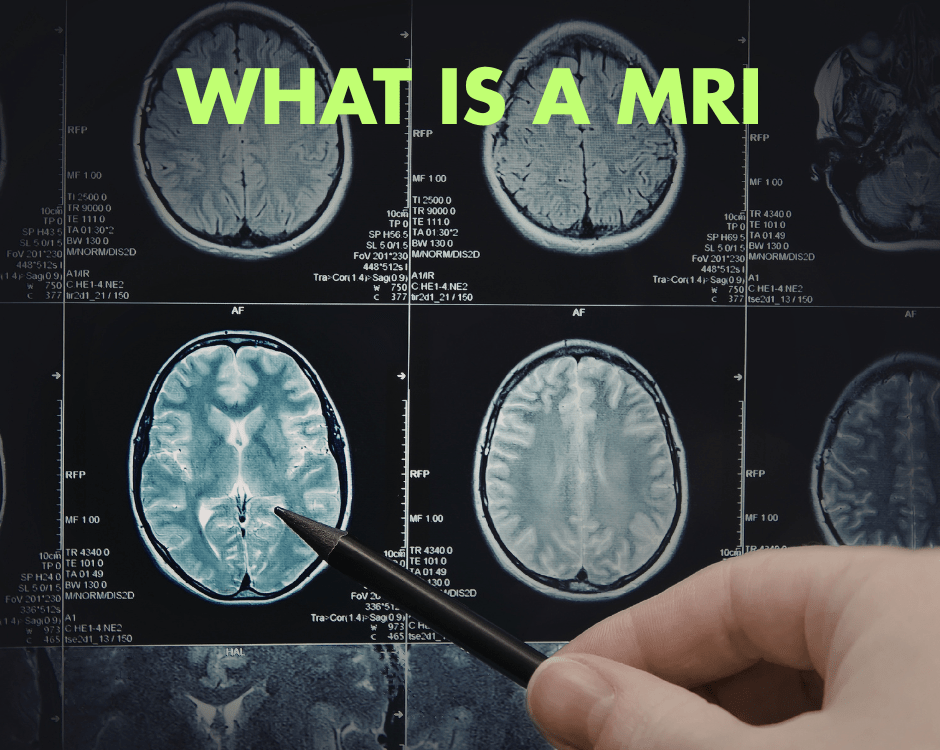How Can Sleep Loss Lead to Diabetes?

What are 7 Common Concussion Myths?
February 26, 2024
Scoliosis vs Lateral Shift
February 26, 2024How Can Sleep Loss Lead to Diabetes?
Sleep is a key part of overall health and well-being, playing a role in various bodily functions. It is the time our body uses to heal and repair but did you know it also serves a role in metabolism and glucose regulation? If you are diabetic or pre-diabetic, did you know that sleep will affect your glucose? Dr. Aaron Workman, a member of one of the highest rated auto injury care medical facilities in Lexington, encourages us to take a moment and learn the basics of sleep’s role in diabetes as he explains below.
Sleep is a time for the body to rest, repair, and regenerate. During sleep the body works on hormone regulation, tissue repair and even works like a filing system for the memory. When individuals consistently sleep less than recommended hours per night, their bodies are deprived of the opportunity to undergo these essential processes fully. As a result, they may experience disruptions in hormone levels, increased inflammation, decreased immune function and delayed healing.
One of the important roles that sleep influences is glucose regulation. Glucose is the primary source of energy for the body’s cells, and its levels in the bloodstream are tightly regulated. Sleep plays a vital role in this regulation by affecting insulin sensitivity and glucose metabolism. Insulin is a hormone produced by the pancreas that helps regulate blood sugar levels by facilitating the uptake of glucose into cells.
Studies have shown that inadequate sleep can lead to decreased insulin sensitivity, meaning that the body’s cells become less responsive to insulin’s signals. A recent study published in “Cell Reports Medicine,” in July of 2023 showed proper nightly deep sleep can give better next day glucose regulation via high insulin sensitivity. When cells are less sensitive to insulin, they struggle taking up glucose from the bloodstream, leading to elevated blood sugar levels. Over time, this can contribute to the development of insulin resistance, a precursor to type 2 diabetes.
Chronic sleep deprivation, which is consistently getting insufficient sleep each night, has been associated with an increased risk of developing type 2 diabetes. Research, such as the study titled “Role of Sleep Duration and Quality in the Risk and Severity of Type 2 Diabetes Mellitus” published in the Archives of Internal Medicine in September 2006, have shown that individuals who sleep less than five hours per night are more likely to have impaired glucose tolerance, higher fasting blood sugar levels, and an elevated risk of developing diabetes compared to those who get an adequate amount of sleep.
The link between inadequate sleep and diabetes risk can be attributed to several factors. Sleep deprivation can disrupt the body’s hormonal balance, leading to increased levels of stress hormones such as cortisol and adrenaline, which can promote insulin resistance and higher blood sugar levels. Additionally, insufficient sleep can disrupt circadian rhythms, which play a crucial role in regulating metabolism affecting glucose levels.
As we can see, sleep influences every function in our body including blood sugar levels. Sleeping less than five hours per night can affect the body’s metabolism and glucose regulation, increasing the risk of developing diabetes. Therefore, prioritizing good sleep habits, such as getting seven to eight hours of quality sleep per night, can play a vital role in promoting optimal health and well-being, including reducing the risk of diabetes.
— This article is written by Aaron Workman, DC, one of the members of Chambers Medical Group’s team of car accident chiropractors who offer a variety of treatments and therapies ranging from diagnostic testing to various soft tissue therapies for car accidents and injuries in Kentucky.
Have you been in a car accident? If you or somebody you know has been in a car accident, be sure that you seek medical attention from a car accident doctor or car accident chiropractor to treat your injuries. Visit Chambers Medical Group to receive world-class medical treatment for your injuries.
Chambers Medical Group has car accident medical clinics in the following locations:
- Car Accident Medical Clinic in Tampa
- Car Accident Medical Clinic in Plant City
- Car Accident Medical Clinic in Brandon
- Car Accident Medical Clinic in Lakeland
- Car Accident Medical Clinic in Sarasota
- Car Accident Medical Clinic in Louisville
- Car Accident Medical Clinic in Lexington
- Car Accident Medical Clinic in Florence




